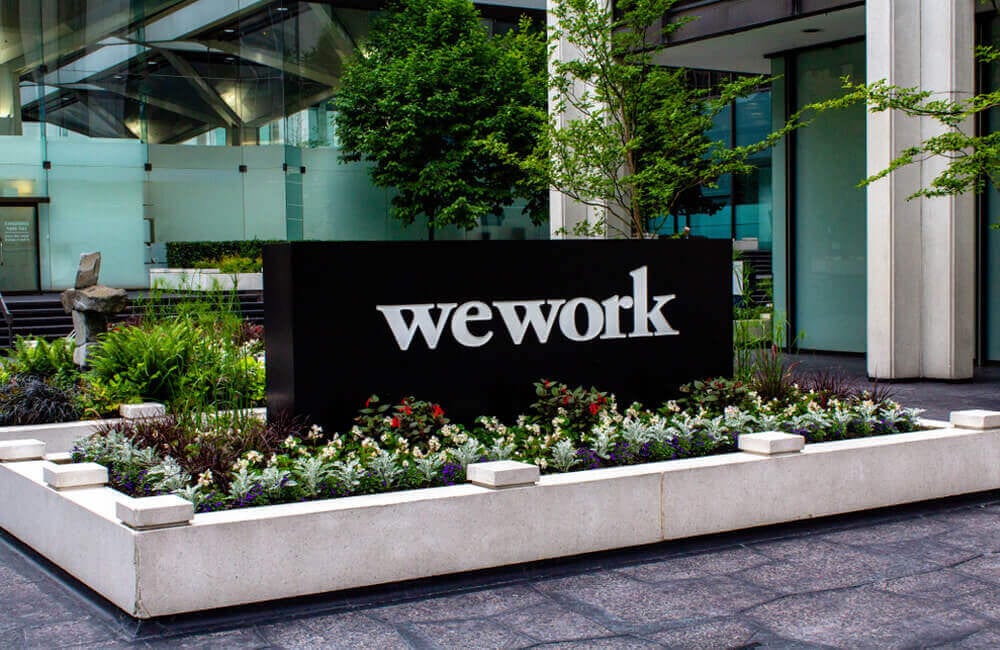U.S. mortgage rate surges to highest level in over two decades
10/11/2023 / By Richard Brown

U.S. mortgage rate has surged to its highest level in over two decades, driven by the Federal Reserve’s efforts to raise interest rates. Bloomberg recently reported on this, citing a survey by the Mortgage Bankers Association.
According to the trade association, the average 30-year fixed mortgage contract rate increased by 12 basis points during the reporting period, marking the most significant rise since mid-August. The rate reached 7.53 percent on Sept. 29, the first time it has exceeded 7.5 percent since November 2000. Comparatively, around this time last year, it was slightly over 5.5 percent.
In practical terms for households, this means that while a $400,000, 30-year mortgage would have cost $1,800 per month last year, it now costs nearly $1,000 more at the current rate. (Related: BAD NEWS for home buyers: U.S. house mortgage rates SKYROCKET to HIGHEST level in two decades.)
Concurrently, home-purchase applications declined by 5.7 percent during the reporting period, reaching the lowest level since 1995, according to the survey.
According to data from Mortgage News Daily, the 30-year fixed mortgage rate stood at 7.72 percent on Oct. 3.
The U.S. housing market has faced challenges due to multiple interest rate hikes by the Federal Reserve since early last year. More recently, it has been impacted by a surge in bond yields.
Yields on the 10-year US Treasury bond, which influence mortgage rates and other types of borrowing, reached 4.8 percent on Oct. 3, marking the highest level since 2007, following the release of labor turnover data for August.
This data revealed a higher-than-expected number of job openings, which investors interpreted as a sign of ongoing labor market tightness and a potential reason for further interest rate hikes.
The Federal Reserve currently provides mixed signals on whether more interest rate increases will occur this year. Most US officials anticipate elevated rates persisting into the next year, citing lingering inflationary pressures.
Home buyers face higher monthly costs
The rise in rates means higher monthly costs for home buyers. For instance, a $400,000, 30-year mortgage that cost $1,800 a month last year now costs nearly $1,000 more at the current rate. Alongside rising rates, the housing market is grappling with historically low available inventory, which is contributing to elevated prices.
“I don’t like to be ‘doom and gloom,’ this is my book of business,” said Bess Freedman, CEO of Brown Harris Stevens, a national real estate firm. “I still say real estate is the best long-term investment. But there has been a shift. It is flawed for people to assume that just because inflation has started to move in the right direction, that mortgage rates will go down, too.”
The pandemic’s low mortgage rates discouraged many homeowners from selling and buying another home at higher interest rates. With low inventory and strong demand, home prices have stayed elevated. This situation has raised concerns among economists and real estate experts.
The recent minutes from a Federal Reserve meeting and Fitch’s downgrade of U.S. debt have added upward pressure on longer-term borrowing rates. The yield on 10-year U.S. Treasuries, which influences mortgage rates, reached its highest level in over a decade, crossing the 4.2 percent threshold.
Economists warn that if it surpasses this level and momentum continues, mortgage rates could rise further, possibly up to eight percent. The current environment is challenging for home buyers, and many are waiting to see the Federal Reserve’s decisions in the coming months.
Visit HousingBomb.com to read more stories related to America’s collapsing housing market.
Watch Dr. Charles Nenner predict interest rates will hit double digits.
Video from Man in America on Brighteon.com
More related stories:
Mortgage rates surge to 20-year high, causing massive drop in home sales
30-year fixed mortgage rate surges above 7% as the Fed continues to raise interest rates
Sources include:
Submit a correction >>
Tagged Under:
bubble, collapse, debt bomb, debt collapse, economic collapse, economic crisis, economic riot, economy, Federal Reserve, finance riot, home buyers, home purchase, home sales, housing bomb, inflation, interest rate, market crash, money supply, mortgage, risk
This article may contain statements that reflect the opinion of the author
RECENT NEWS & ARTICLES
COPYRIGHT © 2020 Debtbomb.news
All content posted on this site is protected under Free Speech. Debtbomb.news is not responsible for content written by contributing authors. The information on this site is provided for educational and entertainment purposes only. It is not intended as a substitute for professional advice of any kind. Debtbomb.news assumes no responsibility for the use or misuse of this material. All trademarks, registered trademarks and service marks mentioned on this site are the property of their respective owners.



















